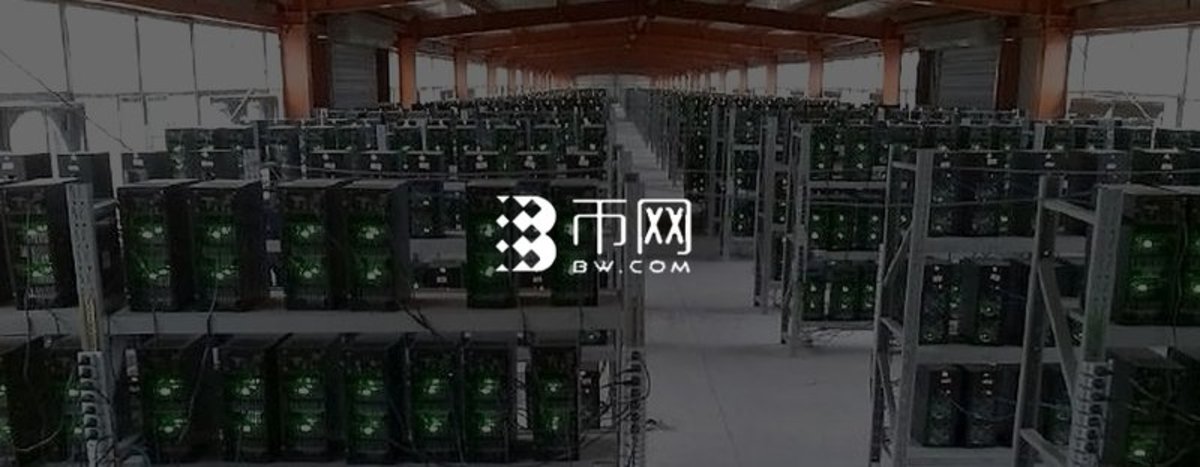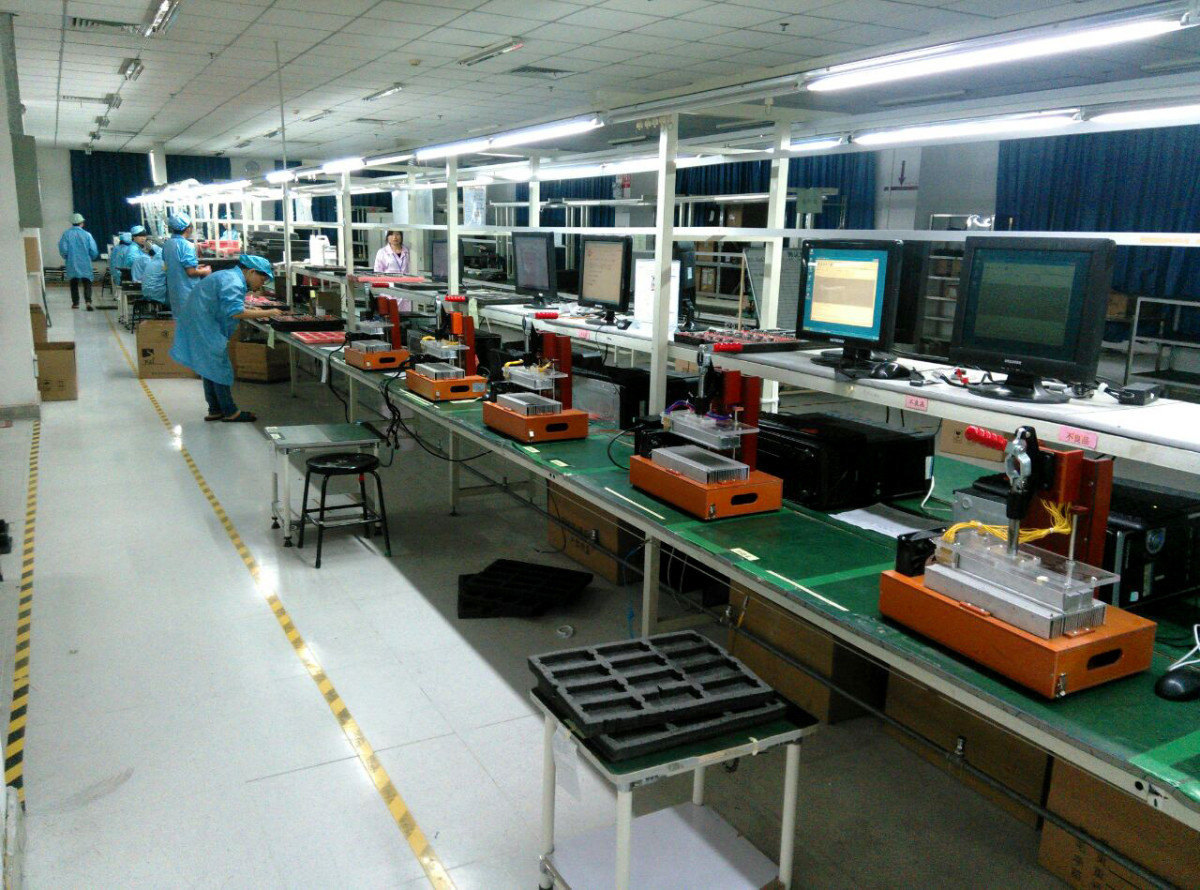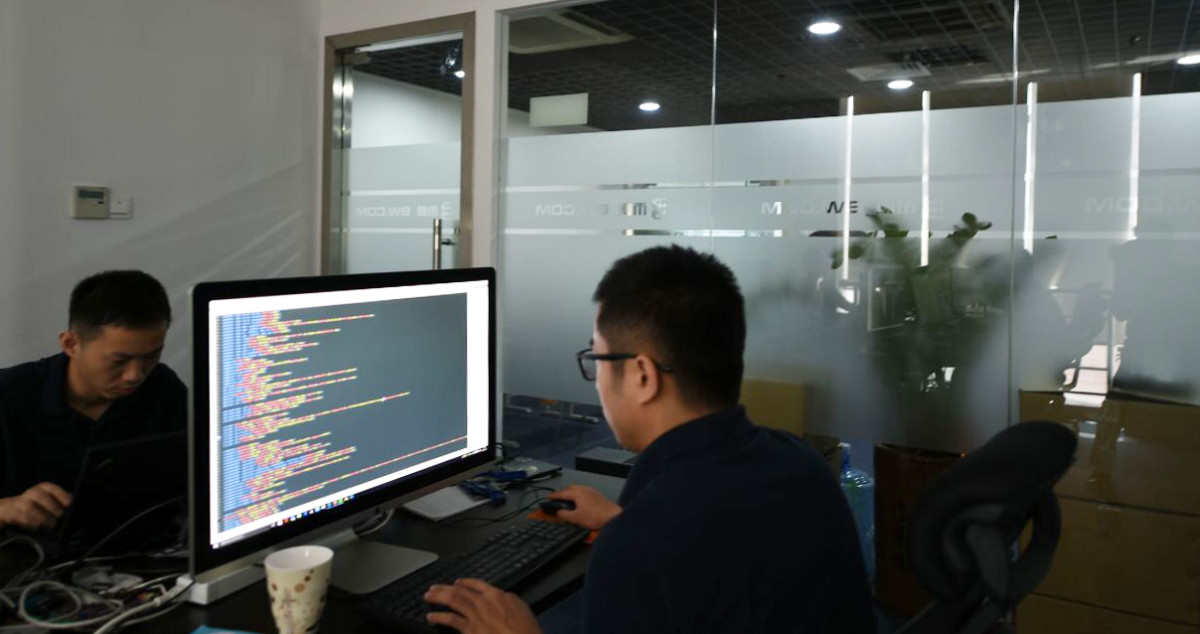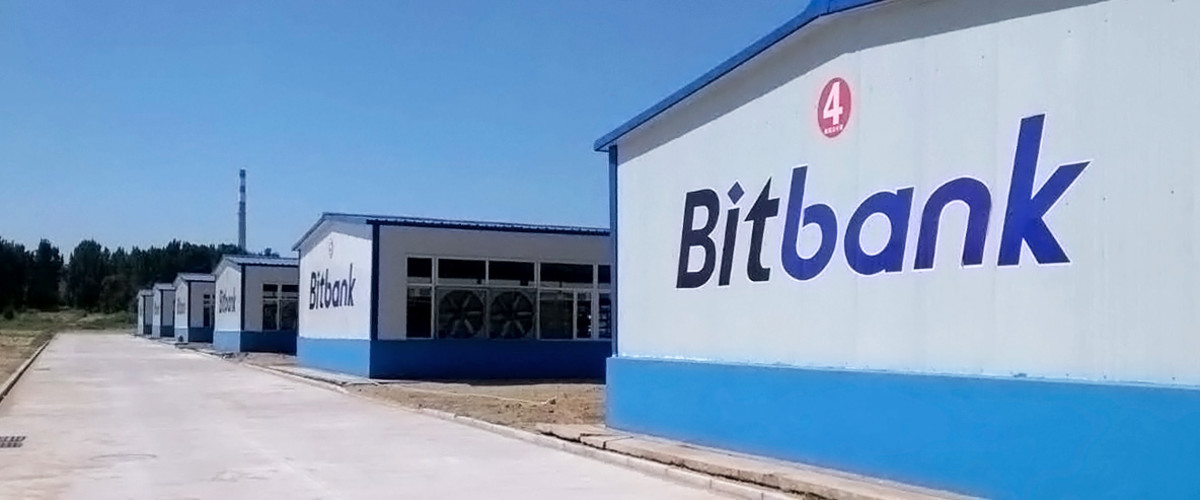
BW, a dominant Chinese bitcoin mining company with approximately 8 percent of global mining power, is positioning itself to step out of the shadows of relative obscurity and into the spotlight — a spotlight powered by efficient, clean and incredibly inexpensive hydroelectricity. Not only is it preparing to take a more active role on the Bitcoin world stage, but it is also planning to release a host of new products and services in the coming months, including the 14 nanometer chips and miners.
“We are very excited about the advances we’ve made,” Virgilio Lizardo Jr, Head of International at Bitbank told Bitcoin Magazine in an exclusive interview. “The chip promises to be the cutting edge technology that BW prides itself in producing. We will also be offering the 14nm chip in a miner for consumers. The power, efficiency and noise reduction benefits aims to introduce a new standard to the industry.”
More details about this new technology will be forthcoming the weeks ahead.

BW was co-founded by LK Group Limited and CHBTC on Aug. 10, 2014. BW stands for Bi Wang which in Chinese literally means “Coin website.” Wenjie Zhai, one of the very first Bitcoiners in China and the CEO and founder of LK Group, is the current CEO of BW. Songxiu Hua, the founder of Bitbank, CHBTC.com, and Jua.com, acts as the CTO of BW although he is not involved in the day-to-day operations of the company; his primary role is to offer technical advice and website consultation.
In 2015, BW joined the Bitbank family of Chinese Bitcoin companies with a focus on combining bitcoin mining resources in order to find greener and more efficient ways to mine. Over the years, Bitcoin has drawn criticism for its consumption of energy. The electricity required to run and cool mining equipment is costly, in terms of both economic and environmental resources.
BW points out that mining anything — metals or bitcoin — has an environmental impact. But by harnessing the plentiful hydroelectric power that is available in remote regions of China, BW’s bitcoin miners are able to put that green energy to use in a way that creates a far smaller footprint than any other form of mining. Furthermore, because of the power source’s rural locations, BW is able to get the electricity — much of which would otherwise go to waste — at a very low rate.

“Hydropower offers a long-term, low-cost and stable source of electricity with the potential to increase the amount of miners in the future,” says BW. “The mining farms are located in rural developing areas. By investing there, this contributes to the local economy by creating new jobs in the area….These areas are surrounded by natural beauty and an abundance of water and we work hard to keep it this way for future generations to enjoy.”
Besides taking a leadership role in preserving the natural environment, BW also wants to protect the Bitcoin environment. As it expands, and as more Chinese miners begin to take advantage of plentiful and cheap hydroelectricity, BW is mindful of the potential for centralization of Chinese mining.
In China, “most of the miners are Bitcoin enthusiasts who see the potential of Bitcoin and want to do their best to help the development of Bitcoin,” says BW. “This includes being aware of how much percentage of the network we are part of and being responsible stakeholders in the ecosystem.”

The company also credits the Chinese government with being a supportive partner. “The government has been encouraging of Bitcoin mining companies because Bitcoin is a technology that combines elements of hardware and software. They have observed the benefits and profits it has produced and have been supportive of this.”
Recently, Bitbank received a grant of 50,000 Yuan and office space in a new innovation and high-tech zone built in the city of Zhongshan, Guangdong province. The city plans on investing 67 million Yuan over the next 5 years on the initiative.
At a time when the Bitcoin protocol is in a state of flux, as developers debate scalability options and the future of block sizes, BW is playing the part of the cautious observer; at the same time, as the fifth-largest mining pool in the world, it has also decided to take on more of a leadership role in the Bitcoin community.
“Though Chinese miners have greatly contributed to the development of Bitcoin, we feel that there is a wall between China and the rest of the community. Perhaps even a ‘Great Wall?’” says BW. “There are many factors that contribute to this: language, culture, distance, etc. At BW we would like to work towards helping to increase communication and cooperation in the community, especially when it comes to China.”









